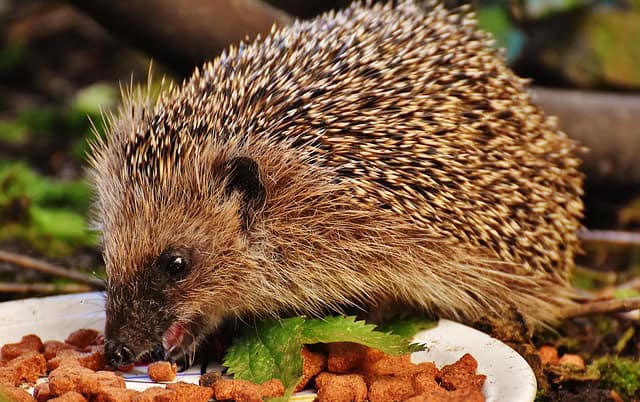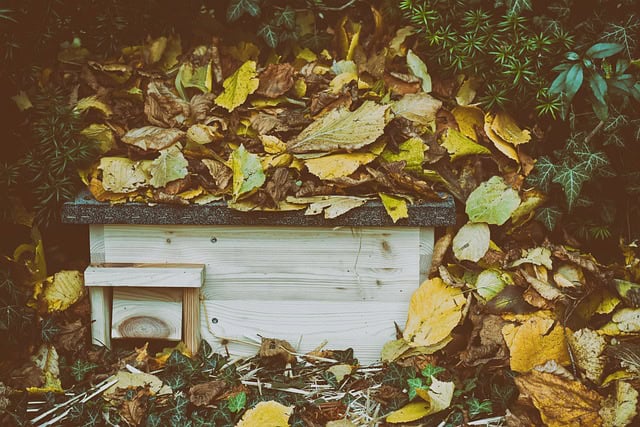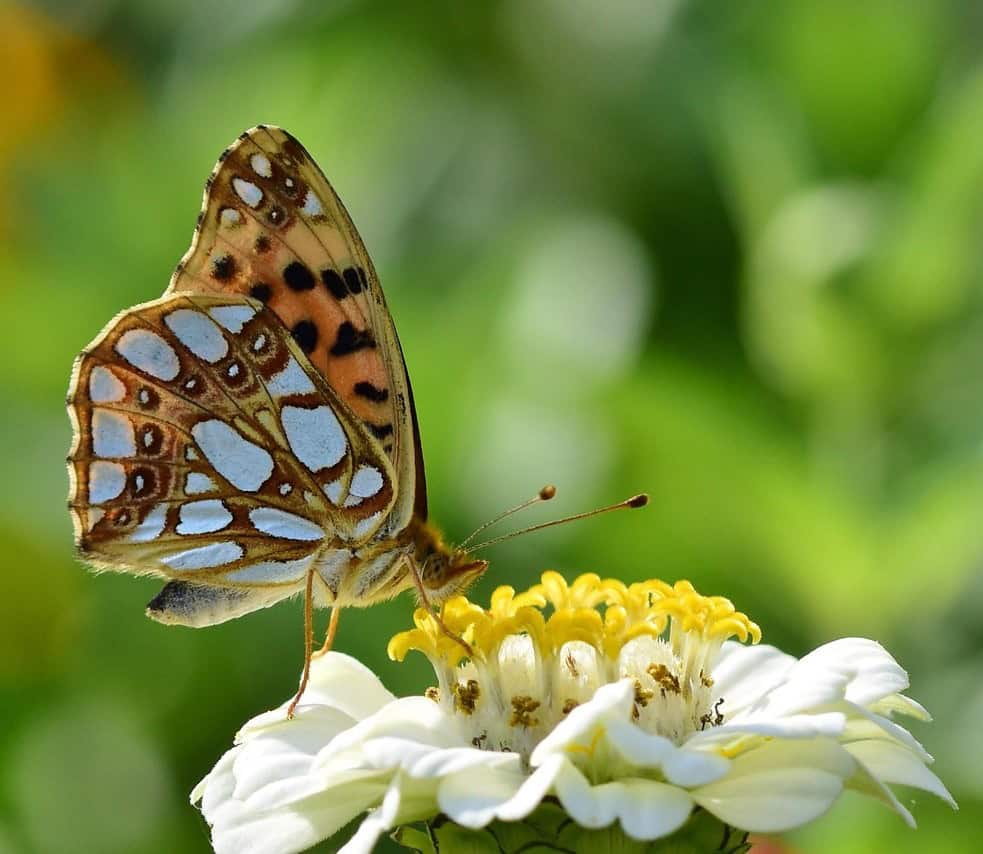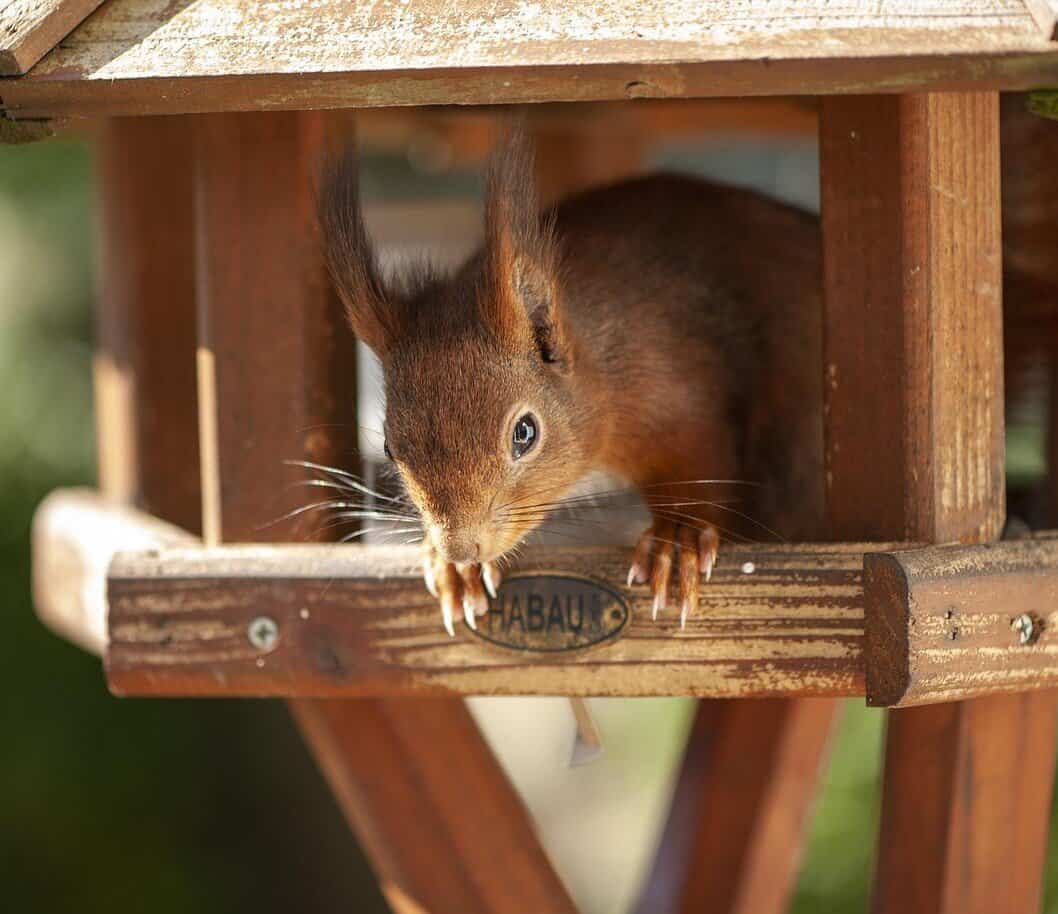Table of Contents
By making a few thoughtful changes, you can attract wildlife to your garden and help protect the natural world. From bees and butterflies to hedgehogs and frogs, every creature plays a vital role in maintaining a healthy ecosystem. Creating a garden that attracts wildlife is more than just a trend—it’s a commitment to nurturing nature, protecting local species, and helping our environment thrive.
Why Supporting Wildlife Matters


In the face of climate change and habitat loss, it’s more important than ever to nurture our environment. Garden wildlife offers essential services—pollination, natural pest control, and soil aeration. Many species, like the humble bumblebee, are under threat, yet they’re essential pollinators.
Planting a diverse range of plants helps boost biodiversity, creating a safe and abundant habitat for different species. The Royal Horticultural Society and your local Wildlife Trust both advocate for wildlife-friendly gardens as a way to support declining populations of pollinating insects such as bees and other beneficial insects.
Attracting Wildlife — Simple Steps to Create a Wildlife-Friendly Garden
You don’t need a large space to make a huge difference. Whether you have a balcony or a sprawling backyard, here are ways to attract wildlife to your garden:
Build Habitats for Wildlife
Creating habitats is key. A hedgehog house, bug hotel, or log pile offers shelter for wildlife including small animals, ladybirds, and toads. Piles of leaves left in a quiet corner become vital shelter for birds and spaces where insects can hibernate.
Adding a pond provides water for aquatic life, frogs, and birds. Even a small container pond in a sunny spot can support a diverse range of species.
Grow Plants That Attract Pollinators
Flowering plants like Calendula, Evening Primrose, Chive, and Marigold provide nectar for bees and butterflies, supporting essential pollination. Include a variety of native and nectar-rich species to ensure year-round food sources. Look out for plants that attract pollinators like the Hoverfly, which helps with pest control methods. Avoid planting hybrids with double flowers as they produce less nectar and are harder for pollinating insects to access.
Avoid Chemical Pesticides

To encourage garden wildlife, avoid chemical pesticides and herbicides that can harm insects, hedgehogs, and frogs. Opt for natural pest control methods like encouraging beneficial insects. Allow caterpillars and snails to live in harmony—they are food for many birds and mammals. Cutting back on the use of synthetic chemicals helps nurture a healthier ecosystem and allows nature to balance itself.
Provide Food and Shelter Year-Round
Install bird feeders, bee hotels, and berry-producing shrubs to offer food sources throughout the seasons. A dense hedge not only provides vital shelter for nesting birds but also helps create windbreaks and reduces erosion. Plant native plants that fruit at different times to support pollinators and animals when other food is scarce. Leave some seed heads on plants instead of cutting them all back—many birds rely on these in winter.
Nurture Nature in Your Garden

Supporting garden wildlife isn’t difficult—it’s about making small, thoughtful choices that support the creatures around us. Whether it’s choosing friendly plants, avoiding harsh pesticides, or offering shelter for wildlife, every action counts.
From installing a feeder to building a bug hotel, your efforts will help pollinate plants, control pest insects, and keep the ecosystem in balance. By focusing on creating habitats and using natural methods, you’ll be contributing to a healthier planet—one butterfly, bee, or hedgehog at a time.
Conclusion
As a gardener or just a beginner, your role in attracting wildlife and preserving biodiversity is vital. Your garden can become a refuge—a true haven for wildlife. Every plant you grow and every pest you manage naturally is a step toward restoring balance. Start small, stay curious, and remember, your garden is more than just a space for you. It’s a lifeline for the wildlife that calls it home.



